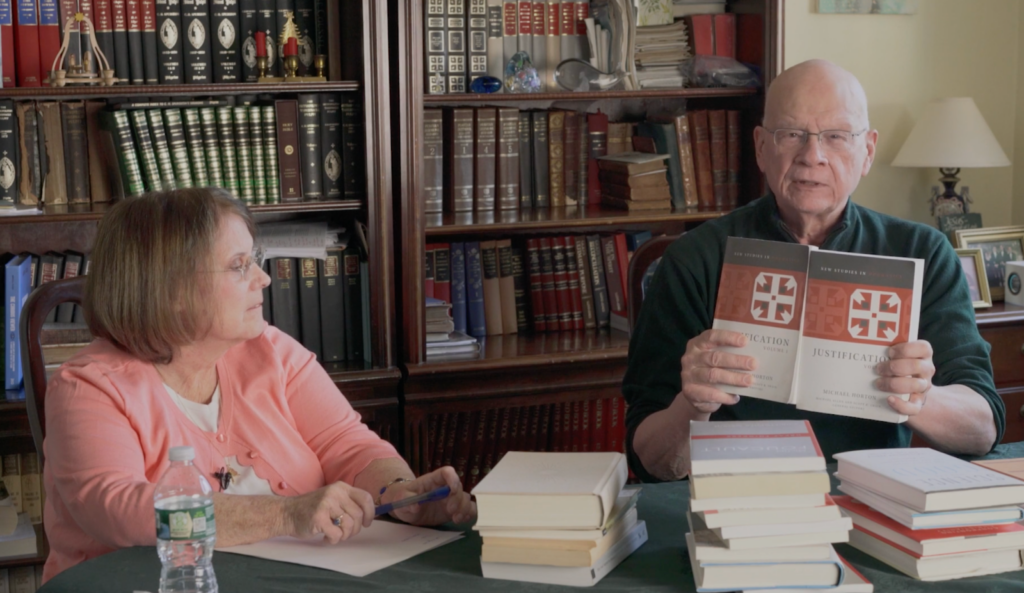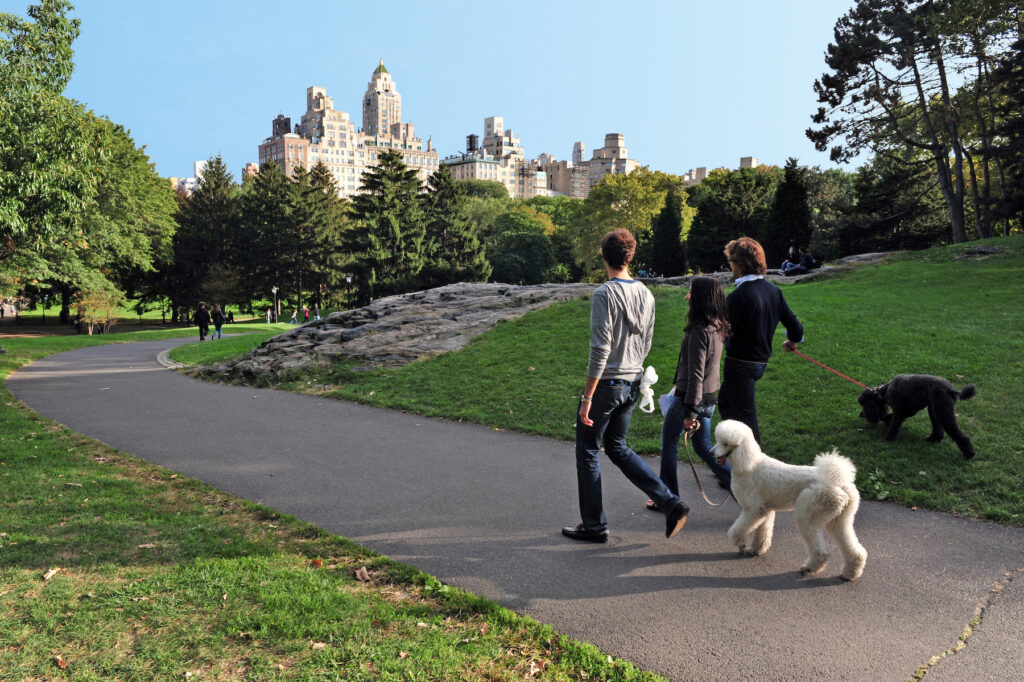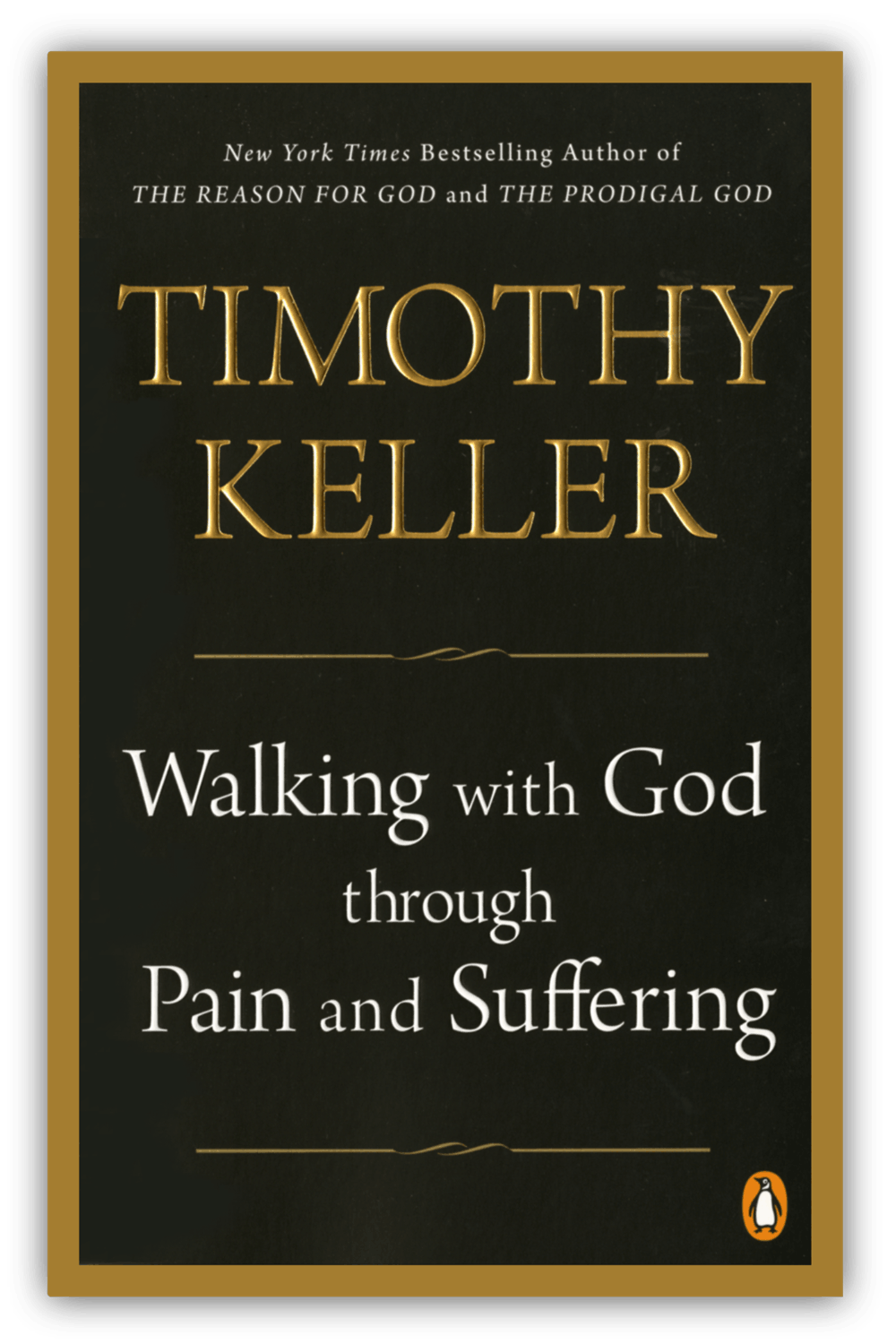In March 2020, the world turned upside down. For many in New York, regular patterns of work adapted to the new pandemic reality, but in the performing arts, my own vocational sector, it was different. I received the email on March 26, “As New York City Ballet continues to prioritize the health and well-being of our patrons, artists, staff, and the community at large, we have made the difficult decision to cancel the 2020 Spring Season in an effort to reduce the spread of COVID-19.” The dancers and musicians (I am a musician, not a dancer!) were furloughed, and an aspirational reopening would later be set for September 2021, a year and a half later. A similar story unfolded for all of Lincoln Center, Broadway theaters, and performing arts organizations around the world, causing hardship and heartbreak for many.
I recognized (with my mind, at least) that this sudden change was a particularly disruptive instance of a familiar dynamic: my work becoming fruitless. “Because of the nature of God’s creation, we work for our happiness. And because of God’s intentions for our work – to contribute to the flourishing of the world – we have glimpses of what we could accomplish. But because of the fall of the human race, [] [1] Genesis 3:17-19 our work is also profoundly frustrating, never as fruitful as we want, and often a complete failure” (italics mine). [] [2] Tim Keller, Every Good Endeavor, “Work becomes Fruitless” This is true for all work at all times, but it has been heavily accentuated for performing artists over the past two years (and for those, like me, who plan and lead worship services, I might add). In the new pandemic reality, some work was deemed essential, but ours was not.
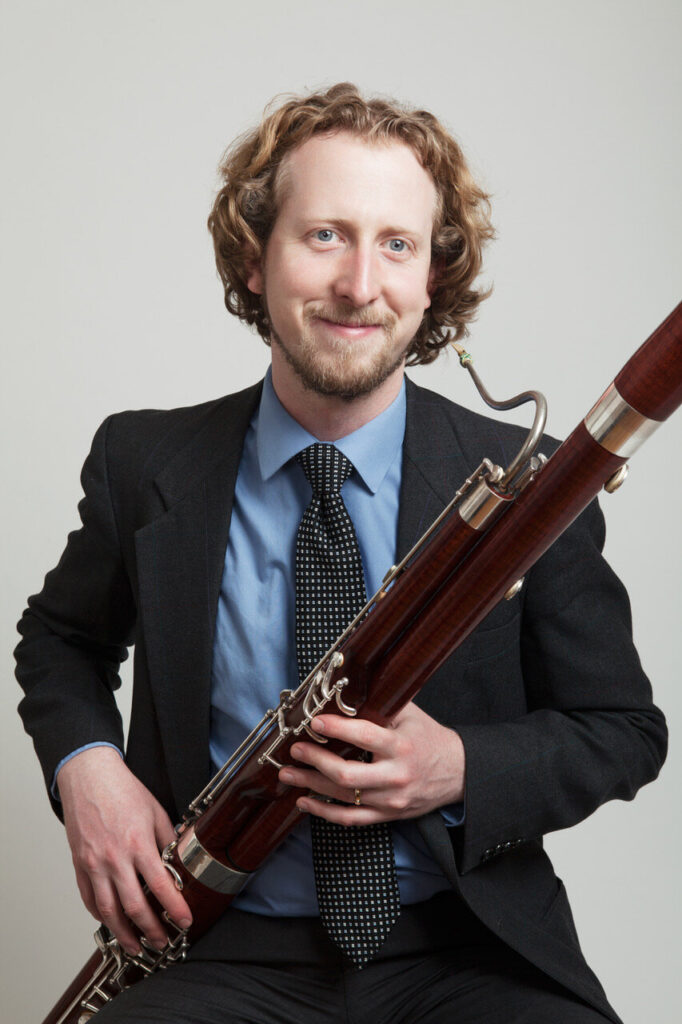
This actually hurt my heart more than it needed to. Like many New Yorkers, I lived (and often still live) from a place of unhealthy reliance on my work as a source of my identity, rather than as a healthy expression of it. [] [3] See Tim Keller, Every Good Endeavor, “Work becomes Selfish” So I went through a process of relearning to hold my identity (lower-case i) as a performing artist in New York much more loosely in particular. I had to hold that gift out to God and say “Lord, use this gift (and me) as it seems best to you.” If the pandemic and lockdown were part of God’s sovereign will for the city and the world, then I was being forced to ask a hard question, “Given the full spectrum of my affinities and abilities, what might God be calling me to do differently in this season, given my change of opportunities?” This perspective convicted me to invest more deeply in other lifelong and seasonal vocations: husband, father, friend, church member, communicator (and listener), as well as church music director, seminarian, and union member. God gave me a forced sabbatical from what I had long thought of as my primary vocation, in order to remind me that he also has other work for me to do.
To be able to see this clearly and practice it well, I also needed to grow spiritually in general. Lockdown, emotional fatigue, relational conflict, frustration with our kids’ remote school all revealed deep sadness and anger in my heart, emotions I expressed (and still can express) sinfully and bitterly. Before the pandemic, if I had experienced hardship or humbling, I might go through a moment or even a season of repentance. But I needed to grow in the practice of “all of life [as] repentance,” [] [4] See Tim Keller, All of Life is Repentance a surprisingly sweet way to keep in step with the Spirit of God. Ongoing (if imperfect) repentance of pride and fear (and deep idols of power and approval) enables me to experience deeper love, joy, peace, patience, and self-control.
Lincoln Center and Broadway did reopen last fall to much celebration, and I do sense optimism in my community of performing artists, amidst lingering uncertainty. As performing opportunities return for many of us, it can be tempting to dive back in without properly reflecting on what God might want us to learn from the hardship of the pandemic. But we need to be willing to ask ourselves, “after all we’ve been through, what is the meaning and the value of our calling as performing artists in New York City?”
One common answer is overly idealistic: New York needs us. This often takes the form of a self-satisfied pep talk: “Without Broadway or Lincoln Center, New York isn’t really New York!” or “the arts, and live performance in particular, showcase the best of our culture.” It is largely an appeal to our pride and our desire for power. Hearing other people pay lip-service to the value of the arts may make us feel good in the moment, but then how necessary do we feel during a pandemic, or a collective bargaining dispute, or when powerful market forces disrupt our sector? “New York needs us” is an incomplete answer at best.
Another answer is overly pragmatic: your calling as an “artist” (or to being in New York) is an illusion. This admonition can take several forms: “Go get a real (“essential” or more pandemic-adaptable) job” or “go work in a city (or nation) where it’s easier to raise your family, or to get the respect and comfort that you seek.” This is largely an appeal to our fears, fears of suffering, failure, other people, as well as to our desire for approval. Certainly, all vocational callings are provisional and God-contingent, as the pandemic reminded us; spiritual discernment, good stewardship, and good counsel are all required. But many of us actually are called by God to serve as performing artists in New York (and other cities), despite the insecurity and discouragement that almost always comes with it.
Several months ago, I listened to Tim Keller’s archived sermon on Daniel 2, The Dream of the Kingdom. It reminds us there is a different way of understanding the meaning and value of our vocation, in keeping with Jeremiah’s exhortation to the elites of Jerusalem who were exiled to Babylon, [] [5] “This is what the LORD [says to the exiles in Babylon]: ‘Build houses and settle down; plant gardens and eat what they produce. Marry and have sons and daughters; find wives for your sons and give your daughters in marriage … Increase in number there; do not decrease. Also, seek the peace and prosperity of the city to which I have carried you into exile. Pray to the LORD for it, because if it prospers, you too will prosper … Do not let the prophets and diviners among you deceive you.’ ” (Jeremiah 29:4-9; italics mine) as exemplified by Daniel’s faithfully present service within that city:
I never had a Sunday school teacher who ever said . . . [the book of Daniel] is teaching us believers to get into these pagan governmental structures and rise up as high in the pagan culture as you can and master the pagan learning and the non-believing literature and worldview but still live and work in the city as a distinctive Christian.” Of course they don’t say that, because most churches are saying . . . “Stay away. Pray against those cities. Stay away from those places that are the source of the polytheistic, relativistic, secular culture we have now. It’s not a good thing to live there.”
Jeremiah says, “No.” God is calling you to do two things. First of all, he says, “I am sending you there for the prosperity of the city. The city needs Christians. The city needs people who will serve and who will minister and who will be salt in the city.” But he also says, “I have carried you there. I’ve taken you out of power for your sake.” I want you to know I have needed this city spiritually every bit as much as I think maybe the city has needed me. I’ve come to New York City, and I hope I’ve put something into New York, but I want you to know I’ve gotten a lot more out of New York than I ever put in. That’s not hyperbole . . . I’ve found that raising my family in the city has been the best thing for them spiritually. The best thing I ever did for my sons was raise them in the city as opposed to raising them in some Christian enclave. They’re the ones who tell me that. I’m not the one who tells them that. We need the city. It humbles us. It refines us. We need, very often, to be taken out of power. Christianity is a religion of the cross, and when it gets into power in a country it almost immediately goes to seed. So every so often the way God revives us is he takes us out of power, what Christians always do best, and puts us in the city so we need the city and the city needs us.
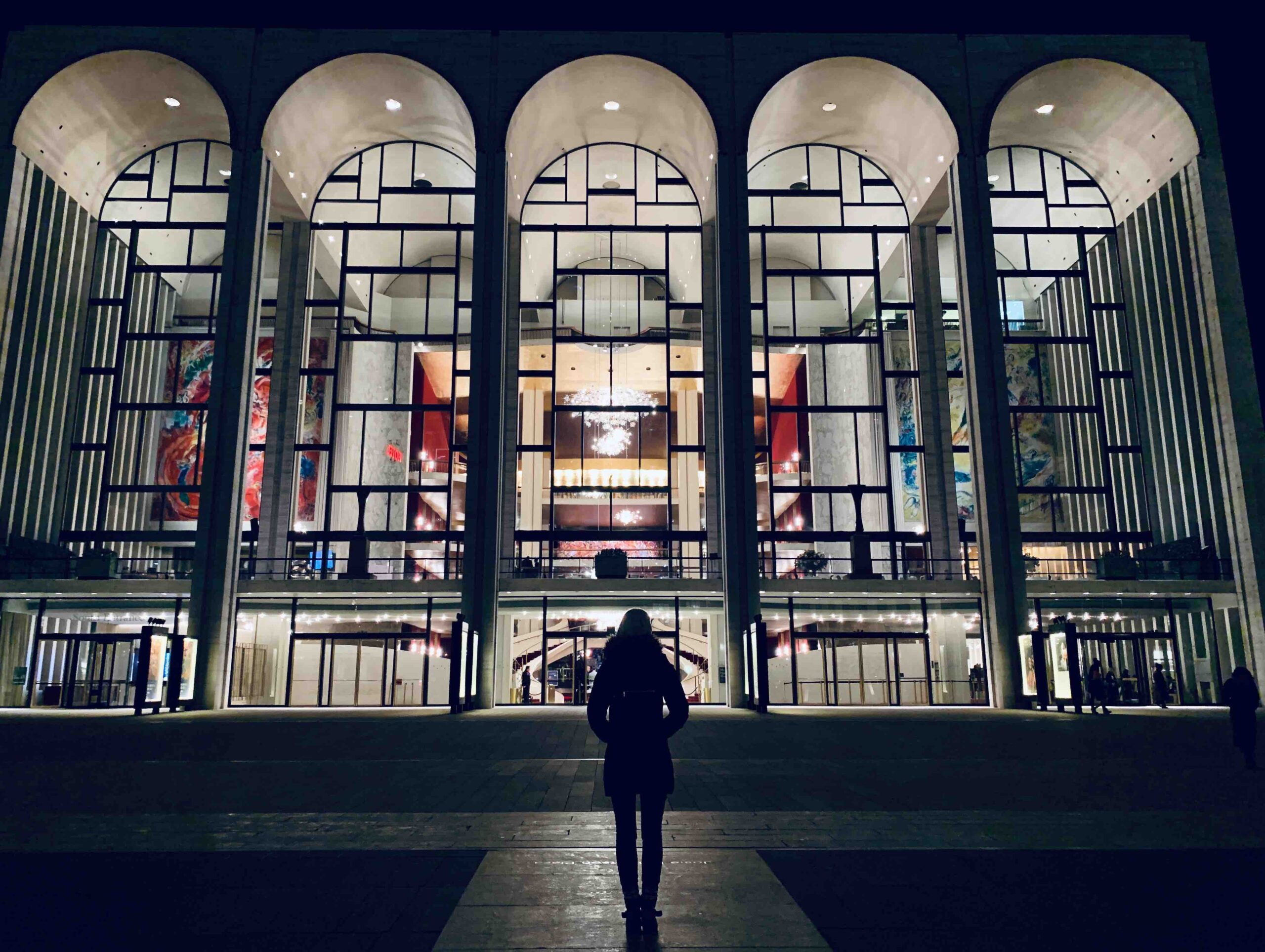
New York needs performing artists, but the city cannot be the source of our identity. Performing artists need the city, but New York cannot save us. We must hold these complementary truths in tension, or we will fall prey to the false “prophets,” the false narratives that surround us. Some target our fears, warning that New York is a bad place for Christians, a bad place for artists, and a bad place for churches to thrive. Some target our pride, promising that the city is the place for artists to “live their dream” and to derive their identity and fulfillment. But the gospel of God’s gracious love for us in the death and resurrection of Jesus can free us from these false narratives.
When I returned to New York City Ballet after an eighteen month hiatus, I noticed a difference in myself. I could still be nervous about playing my best or disappointing my colleagues, but I also sensed that musical or interpersonal failure didn’t have to shake the security I had in union with Christ. I could still be angered by perceived slights or lost opportunities, but I also sensed that God was mysteriously directing my path for his glory and my good. I don’t think I’m unique; God wants to use New York and its complex institutions to help us identify and kill our fear and pride, and to work from a sustained posture of humility and repentance. To this end, performing artists (and all Christians) would do well to meditate on God’s words to the Apostle Paul, “My grace is sufficient for you, for my power is made perfect in weakness.” God has used the pandemic to remind us to “boast all the more gladly of [our] weaknesses, so that the power of Christ may rest upon [us]. For the sake of Christ, then, [we can be] content with weaknesses, insults, hardships, persecutions, and calamities. For when [we are] weak, then [we are] strong.” [] [6] 2 Corinthians 12:9-10 (italics mine). While Paul is recounting one instance of this dynamic at work in his own life in order to complete a rhetorical illustration on the emptiness of “boasting” (specifically in the context of his relational strife with the Corinthian church), the relevant spiritual principle is more broadly applicable.
Optimism about the performing arts in New York is to be commended. We should dive back into our work, singing, dancing, playing, rehearsing, performing, all in community with fellow artists. We should eagerly participate in the renewal of God’s good creation with our creative gifts. But we can do so from a distinctly Christlike posture, one that we may have lacked pre-pandemic: All of life is repentance; we should enjoy that gift. God’s glory can shine in our suffering; we can own our weaknesses. God’s kingdom is not of this world; we are citizens of a spiritual city. Regularly applying the gospel to ourselves in this way frees us from the pride, fear, and deep idols that hinder excellent artistry. Beautifully and mysteriously, when we follow the way of the cross, we receive power to be vulnerable, authentic, and effective in our artistic pursuits.
May our work as performing artists in the city be characterized by deep humility and distinctive fearlessness, and reflect the character of our savior, Jesus. As Frances Havergal so eloquently penned:
Take my life, and let it be consecrated, Lord, to thee.
Take my hands, and let them move at the impulse of thy love.
Take my voice, and let me sing always, only, for my King.
Take my intellect and use every power as thou shalt choose.
Take my will and make it thine; it shall be no longer mine.
Take my heart, it is thine own; it shall be thy royal throne. [] [7] Havergal’s well-known hymn commissions Christians for their work in the world. We regularly sing these lines in congregational worship at Redeemer Downtown.
Harrison Hollingsworth is a Music Director at Redeemer Downtown, and Principal Bassoon at New York City Ballet. He and his wife Leah live in New York City with their three children.

